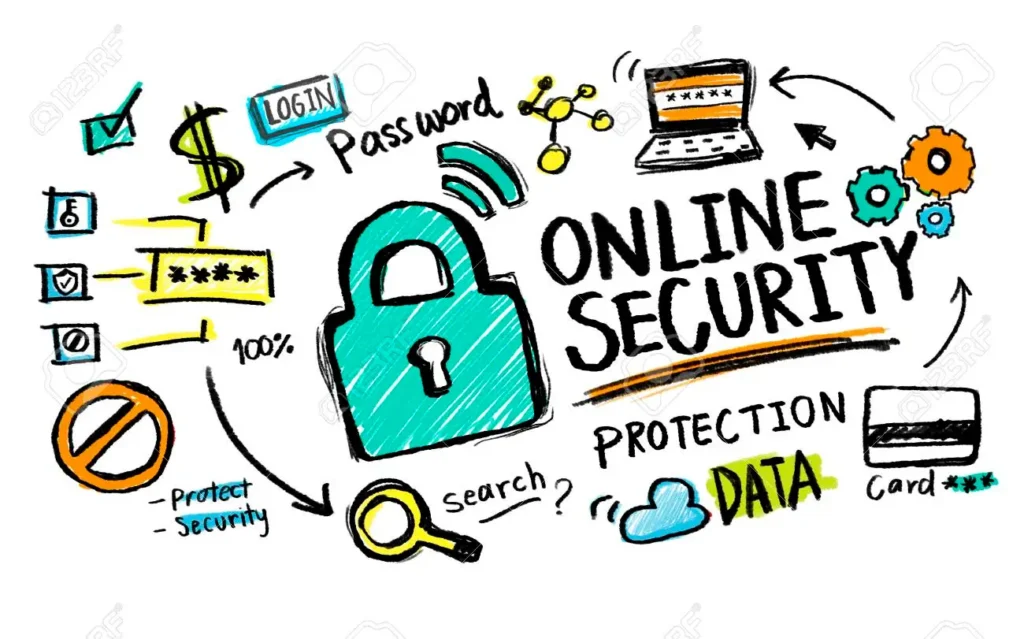
5. Be Careful What You Download
The main objective of cybercriminals is to deceive you into installing malicious software, malicious programs, or malicious applications in order to steal your personal information. Malware can take the form of any program, including game applications, traffic apps, or weather apps. Avoid downloading programs from dubious-looking or unreliable websites. (AsPCWorld)
6. Choose Strong Passwords
There is presently no mechanism to circumvent passwords, despite the fact that they constitute one of the largest security gaps on the internet. The issue with usernames and passwords is that users frequently use easy-to-guess passwords (like “password,” “123456,” etc.) that are equally simple for hackers to guess. To assist you in creating secure passwords that are challenging for attackers to guess, use password manager software. Strong passwords are unique, at least 15 characters long, and contain a combination of letters, numbers, and special characters.
7. Make Online Purchases From Secure Sites
You must submit credit card or bank details when making purchases online. precisely what fraudsters are keen to have. Only send this data to websites using encrypted, secure connections. When seeking for secure websites, check for addresses that begin with https:// (the S stands for secure). The padlock symbol next to their address bar may also serve as a marker.








